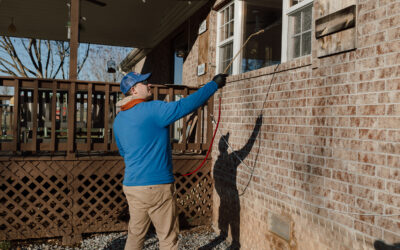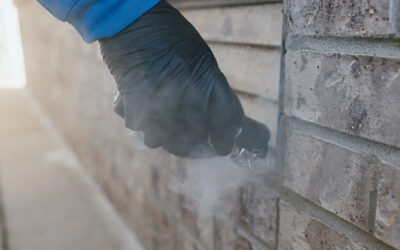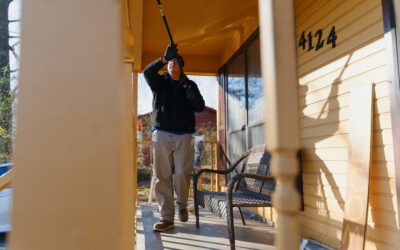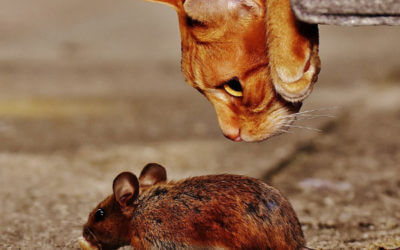
What attracts mice to my house?
Mice are attracted to houses primarily because of the availability of food, shelter, and water. They are resourceful creatures and can find ways to enter homes through small openings and gaps.
Here are some common factors that might attract mice to your house:
Food sources: Mice are opportunistic feeders, and if there is easily accessible food around your house, they will be drawn to it. This includes crumbs on the floor, unsealed food containers, pet food left out, and even garbage bins.
Water supply: Mice need water to survive, and if there are leaky pipes, dripping faucets, or standing water, they will be attracted to these areas.
Warmth and shelter: Especially during colder months, mice will seek shelter in warm places like your home, attic, or basement.
Clutter and hiding spots: Clutter and piles of materials in your home provide mice with places to hide and feel secure.
Easy access points: Mice can squeeze through very small openings, so any cracks, gaps, or holes in your home’s exterior can serve as entry points.
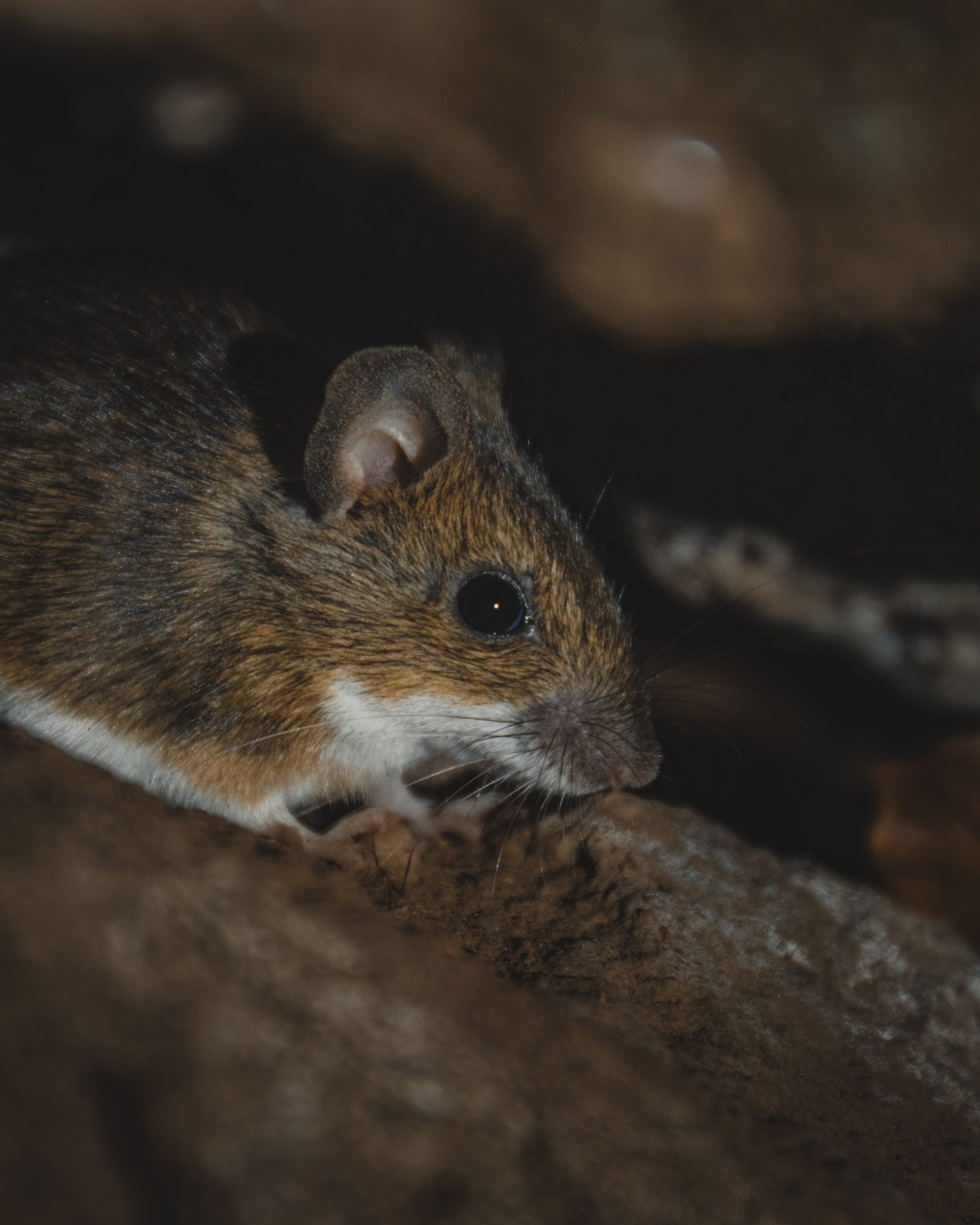
Vegetation close to the house: If there is thick vegetation or overgrown shrubbery near your home, it can provide mice with cover and easy access to your house.
Scent of previous infestations: If your house had a previous mouse infestation, the scent of mice can linger and attract new rodents to the same area.
Fruit-bearing trees or plants nearby: If you have fruit-bearing trees or plants close to your house, the fallen fruits can attract mice seeking a food source.
Bird feeders: Bird feeders are attractive to mice as they provide a ready source of seeds or other bird food that mice can consume.
Warm air vents or dryer vents: Mice can be drawn to the warm air coming from vents, especially during colder months.
Pet waste: If you have outdoor pets, their waste can attract mice looking for a food source.
Compost piles: Compost piles can be a source of food for mice, so if they are located near your house, mice may be drawn to them.
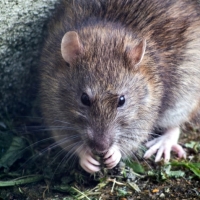
Open garage or shed doors: Mice can easily sneak into garages or sheds if doors are left open, especially during the night.
Construction or renovations: Construction materials and debris can create hiding spots for mice, and they may be attracted to your house during or after renovations.
Neighboring infestations: If your neighbors have mouse infestations, the rodents may spread to nearby houses, including yours.
Unmaintained gutters and downspouts: Clogged gutters and downspouts can lead to water pooling near your home, providing a water source for mice.
It’s important to address any of these potential attractions to reduce the chances of mice being drawn to your house. Regular maintenance, cleanliness, and prompt action to seal any entry points are key to preventing mouse infestations. If you suspect mice are present in your home, consider seeking professional pest control assistance to handle the situation effectively and safely. Call West Termite, Pest & Lawn for help today!
More posts from West Termite, Pest & Lawn
Pestproofing Entry Points Before Spring
As spring approaches in Arkansas, homeowners face an increased risk of pests seeking warmth, food, and shelter. Many infestations begin with small, unnoticed entry points that allow insects, rodents, and other pests to move indoors. Pestproofing your home before the...
Early Spring Termite Activity in Arkansas
As Arkansas begins to warm in early spring, homeowners may assume termites remain dormant until the summer months. In reality, spring termite colonies can become active much earlier, especially as soil temperatures rise and moisture levels increase. Subterranean and...
Preparing Your Home for Early Spring Pests
As winter fades and temperatures rise in Arkansas, homes become vulnerable to a fresh wave of early spring pests. Early spring is a critical time to take preventive action because insects, rodents, and other pests start emerging from dormancy, seeking food, warmth,...

